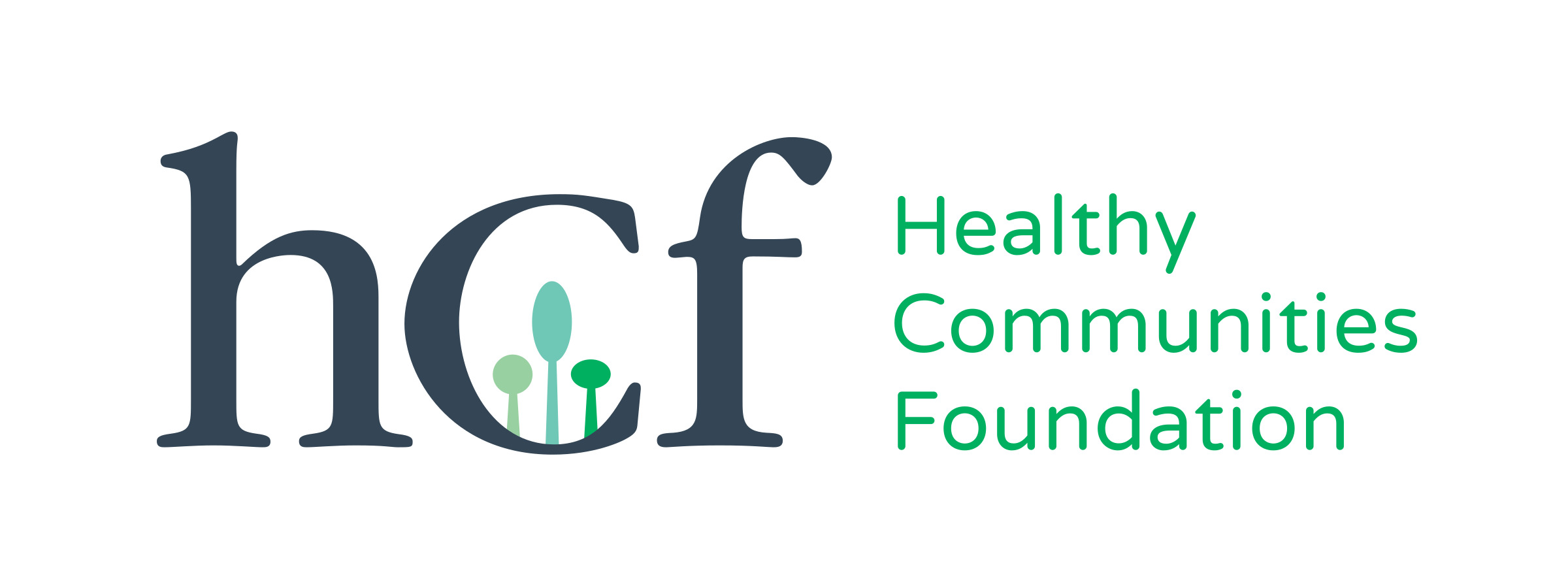IL immigrant leaders launch first-in-nation Immigrant Health Academy

- Posted at
- in Grantee Partner News
- by Jackie Rodriguez
On October 21, 2021, Healthy Communities Foundation grantee partner Illinois Coalition for Immigrant and Refugee Rights (ICIRR) and its members, Arab American Family Services, Legal Council for Health Justice, Mano a Mano Family Resource Center, Mujeres Latinas en Acción, Shriver Center on Poverty Law and Southwest Suburban Immigrant Project, officially launched the Immigrant Health Academy, a first-of-its-kind healthcare rights training school in the US. The Academy will educate and empower immigrant community leaders in suburban Cook, Will, DuPage, and Lake Counties with information about their healthcare rights and how to navigate the complex healthcare system. The Academy will develop these leaders during its two-year pilot to empower other immigrants in suburban communities with significant immigrant populations that lack access to quality health resources.
“It is essential for our suburban immigrant communities, who often face numerous barriers to quality health resources they need and deserve, to understand their healthcare rights and advocate for themselves and others,” said Maria Pesqueira, President of Healthy Communities Foundation, who kicked off the press conference.
Luvia Quiñones, Senior Director of Health Policy at ICIRR, moderated the press conference and spoke about her own lived experience navigating the healthcare system when her mother was diagnosed with Stage 4 brain cancer. “Despite working on health access issues for many years, this first-hand experience made me more aware of the challenges many people go through, especially in our immigrant community,” she said. “All I could think of was what do people do if they are uninsured or undocumented, especially if they do not have anyone that can speak for them or assist them.”

Given her personal story and the numerous stories shared by ICIRR’s members, they realized the need for immigrants to know their healthcare rights and be empowered to exercise them.
“This is why today we are here to share with the immigrant community that we are launching the Academy, so immigrants know that they have healthcare rights, know where to go for health services, and be empowered to access the services they need and have the right to use,” Luvia said. “With a growing immigrant population outside of Chicago and the lack of services in these areas, we decided to pilot this first-of-its-kind Academy working with organizations that are respected and trusted in the immigrant community.”
Community members shared client and personal stories about challenges navigating the healthcare system as immigrants and highlighted the importance of building knowledge about healthcare rights.
Speakers included:
- Omar Awadh, a caseworker at Arab American Family Services
- Maria “Dona Chuy” Gonzalez, lead Community Health Worker at Mujeres Latinas en Acción
- Suzy Rosas, volunteer and Community Health Worker at Mano a Mano Family Resource Center
- Martha Galvez, a community leader from Southwest Suburban Immigrant Project
The Academy also released its accompanying landscape report, “Overcoming Barriers and Empowering Communities” co-authored by Edith Avila Olea, ICIRR, and Maria J. Ferrera, Center for Community Health Equity at DePaul University. The report outlines the health disparities and access barriers immigrants face in obtaining healthcare in the Chicagoland region and articulates the goals of the Academy.
“Our report finds that the most vulnerable immigrants continue to lack adequate, equitable access to healthcare due to barriers presented by the healthcare system,” said Edith Avila Olea, Policy Manager at ICIRR. “Some of the barriers include language access and cultural differences, fear, and mistrust of the government, navigating a complex healthcare system, the impact of the pandemic on our communities and lack of healthcare coverage options, especially for the undocumented population.”
In the next few months, the Academy partners will begin to identify community leaders who will participate in its training and educate them on specific health topics and services the immigrant community should know more about. The curriculum will also expose the leaders to community organizing principles to involve and empower others in their community.
Speakers included:
- Omar Awadh, a caseworker at Arab American Family Services
- Maria “Dona Chuy” Gonzalez, lead Community Health Worker at Mujeres Latinas en Acción
- Suzy Rosas, volunteer and Community Health Worker at Mano a Mano Family Resource Center
- Martha Galvez, a community leader from Southwest Suburban Immigrant Project

Read and watch the Academy’s recent press mentions:
- “Que es la Academia de Salud para Inmigrantes y como se espera que ayude a miles de indocumentados en Illinois” – Univision
- “Academia de salud para inmigrantes: que servicios se ofrece y como beneficiarse” – Telemundo Chicago
- “New initiative aimed at helping suburban immigrants access health care options” – Chicago Sun-Times


